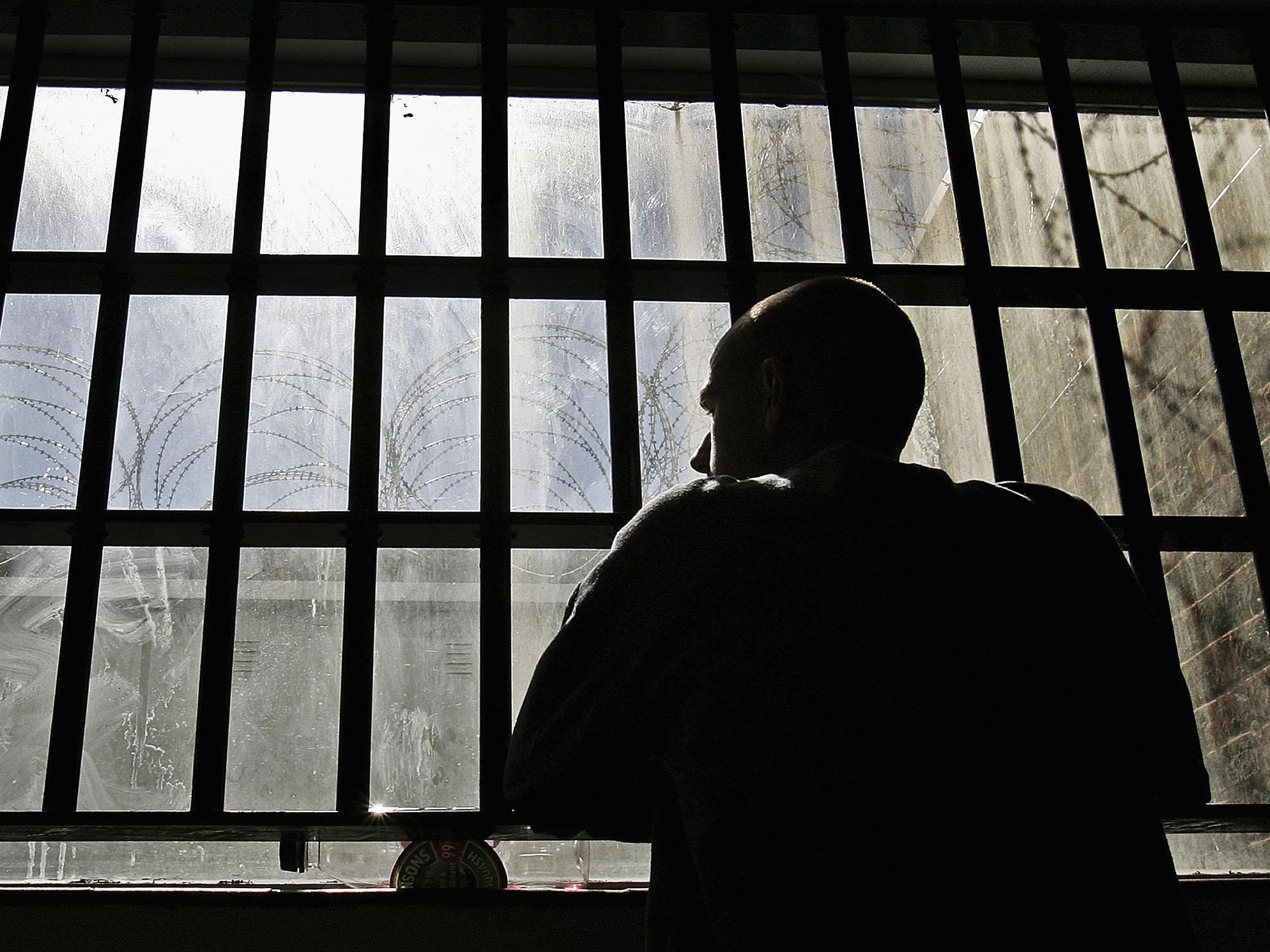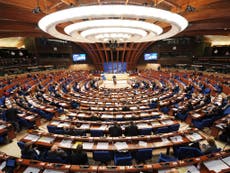The youth justice system is failing children the UK promised to protect
Children who come into contact with the law are some of the most vulnerable and marginalised in society. This is why the UK’s low age of criminal responsibility is such a serious concern


Your support helps us to tell the story
From reproductive rights to climate change to Big Tech, The Independent is on the ground when the story is developing. Whether it's investigating the financials of Elon Musk's pro-Trump PAC or producing our latest documentary, 'The A Word', which shines a light on the American women fighting for reproductive rights, we know how important it is to parse out the facts from the messaging.
At such a critical moment in US history, we need reporters on the ground. Your donation allows us to keep sending journalists to speak to both sides of the story.
The Independent is trusted by Americans across the entire political spectrum. And unlike many other quality news outlets, we choose not to lock Americans out of our reporting and analysis with paywalls. We believe quality journalism should be available to everyone, paid for by those who can afford it.
Your support makes all the difference.Over the last year, Unicef UK has undertaken a study to examine the youth justice system in the UK through a child’s rights lens. Our research found that whilst there are examples of innovative and progressive practice taking place to decriminalise and protect young people, there remain significant areas where children’s human rights are not being upheld in accordance with international standards.
We know that children who come into contact with the law are some of the most vulnerable and marginalised in society. Often they have been in care, experienced neglect or abuse, and may have been excluded from school as well. There is also an overwhelming body of evidence that will tell you that contact with the criminal justice system can be harmful to children, and that once they have been swept up in the undercurrent of police, courts and sentencing, it can be very challenging for them to turn their lives around – to find a lifeboat or swim to shore.
This is why the UK’s low age of criminal responsibility (some of the lowest in the world), where children as young as 10 years old in England, Wales and Northern Ireland and 12 years old in Scotland, can be charged with a criminal offence and processed within the justice system, is such a serious concern.
The report also identifies other areas where the UK is in breach of international children’s rights standards. These include conditions within youth detention centres (exacerbated by the impacts of Covid-19), the use of inhumane practices on children and young people - such as tasers, spit-hoods and solitary confinement - and the continued over-representation of children from Black, Asian and minority ethnic (Bame) backgrounds within the youth justice system.
In our analysis, we welcome and acknowledge the falls in child arrests that have taken place, the reduced numbers of first time entrants into the system, as well as the positive role being played by pre-court youth diversion schemes in England and Wales. However, we highlight concerns relating to the lack of data, knowledge and understanding around the impact of these youth diversion schemes for specific groups of children; and the fact that children are still being detained overnight in police custody and are still repeatedly being identified in the media for committing criminal offences.
Likewise, in respect of Scotland, our report recognises the great potential that the newly introduced United Nations Convention on the Rights of the Child (Scotland) (Incorporation) Bill holds for ensuring the rights of children in contact with the law are upheld.
However, we note the continued appearance of children under 18 years of age in adult courts in Scotland (particularly in respect of 16- and 17-year-olds), the vulnerability of children on remand in young offender institutions, and existing challenges around secure care provision. There is also a lack of robust, publicly available data relating to children’s interaction with specific stages of the Scottish youth justice system. In regard to Northern Ireland, the progressive emphasis placed on the use of informed warnings, restorative cautions and youth conferencing is acknowledged, but critical attention is drawn to the high number of children who have experienced being in care within the system.
The UK, along with nearly every other country in the world has formally ratified the United Nations Convention on the Rights of the Child in law, and by doing this, has taken on a legally binding obligation to respect, protect and promote children's rights.
The Convention forms the basis of all Unicef's work both in the UK and overseas and although it may sound like an abstract document, at its heart it is a simple promise to every child. A promise that says every child in the UK is entitled to be protected from harm and treated with dignity, no matter who they are or where they come from.
Despite elements of progressive and promising practice, our findings show that the UK youth justice system is failing in its duty to protect and uphold every child’s human rights.
Anna Kettley is deputy executive director of programmes and advocacy at Unicef UK





Join our commenting forum
Join thought-provoking conversations, follow other Independent readers and see their replies
Comments